I attended a 6 hour workshop from Code.org, taught by an instructor/teacher experienced and qualified to teach Code.org in schools. The workshop was offered by my school district to the elementary Library Media Specialists, as a result of the new state mandate that all students in Rhode Island schools be introduced to computer science. Learning how to code with Code.org is simple and fun for elementary school students. The workshop consisted of an introduction on using Google Slides as the preferred technology to deliver the instruction to students and stressed the importance of learning coding at a young age. We learned how the Code.org curriculum was scaffolded per grade and how this company’s accessible technologies on their website allowed for easy and already prepared online lesson delivery and assessments. There was little to create, although I did create all my classrooms and assigned their lessons for next September. Code.org is an easy and fun way to engage students in thinking critically of all the ways their lives are affected by computer science and technology.
I was amazed by what I learned about computer science and coding in that short 6 hour workshop and was able to see coding as a fun and engaging way to learn to create digital media. Creating websites using HTML language was enough to frighten me away in college, but then came along Drag & Drop website creation, which I embraced. However, I realized that coding was the fundamental language to creating technologies. So naturally, I was initially frightened to learn these computer science skills, let alone be responsible for teaching them. I learned that companies such as Code.org, or Apple’s ‘Everyone Can Code’ understand that there is an abundance of information out there, and have made it easy for educators to dabble in the lessons. They prepare educators to expect a slow learning curve in the beginning, but eventually the students will catch on quickly and may even lead the class and help their classmates learn these skills.
I had many personal takeaways from this workshop but probably the most important to share with my colleagues is to relax and embrace computer coding as a part of the future of Library Media Centers. Computer Science and coding are a part of everything we do. We educators want to prepare our students for their futures, and that includes knowing the fundamentals of technology and the devices they use. Technology tools trend quickly and students embrace these trends faster than adults. I learned that students frequently share technology tools with others, are more resilient to analyzing a technology problem and will quickly ask their friends for help in problem solving. They will show resilience to failure when the coding is a game to them and will keep trying until their efforts result in success. This is fun for students. And for teachers who struggle to find ‘the fun’ there are many helpful aids to increase your comfort level. YouTube videos are in abundance, and Twitter users of coding and the companies themselves all help to alleviate the anxiety of teaching coding in Library classes.
Lastly, I would encourage teachers and Library Media Specialists to not feel pressure to know all there is to know about coding; it is okay to sit back and just let it happen, let the students analyze and think critically about problem solving, let them evaluate what is needed to create a successful outcome. This is fun for them and they may end up teaching you more if you hand over the reigns to them. You may be surprised at what your students may teach you.
